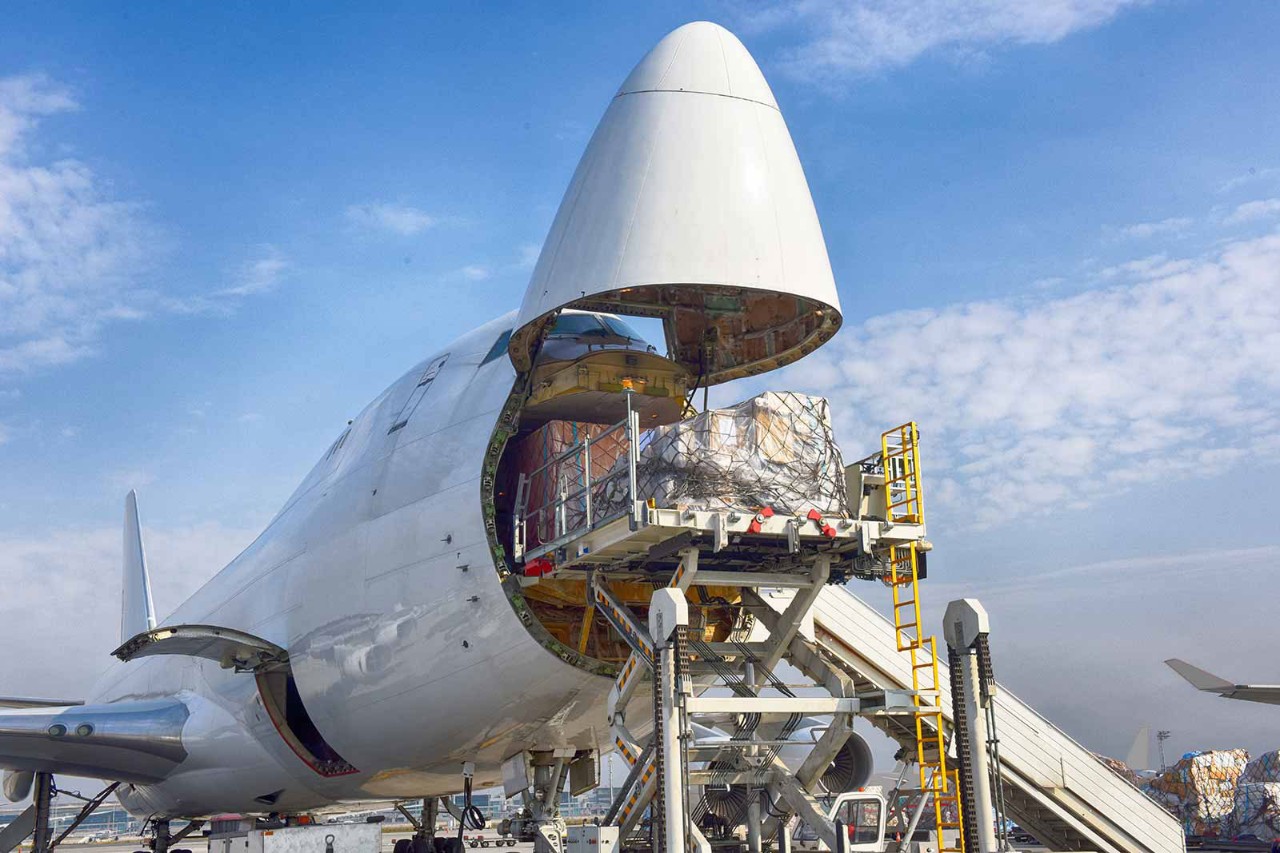
Donald Trump’s return to the White House in January 2025 signals a significant shift in global politics and economics. During his campaign, he promised to pursue many of the same policies he followed during his first term in office, when his America First stance prioritised domestic interests and recalibrated US foreign policy. For sub-Saharan Africa (SSA), Trump’s re-election presents challenges but also opportunities. His presidency will impact trade, investment, capital flows, defence, immigration and geopolitics, and the region must leverage its growing economic and strategic importance in response.
In his first time out, Trump’s foreign policy did not pay much attention to Africa. Initiatives such as Prosper Africa, launched to increase US-Africa trade and investment, saw limited success due to inconsistent focus and funding. One gets the sense that it will be more of the same this time round, with international development aid again taking a back seat.
Access to US markets
A cornerstone of US-Africa trade relations since 2000 has been the African Growth and Opportunity Act (AGOA), which provides duty-free access to US markets for 1,800 African products (in addition to the 5,000 given duty-free access under the Generalized System of Preferences). Structures such as this may be in danger as, during his first term, Trump showed little enthusiasm, sometimes even contempt, for multilateral frameworks, favouring bilateralism instead. While bilateral deals could benefit some African countries, smaller economies may be unable to negotiate favourable terms, undermining regional economic cohesion.
US financial protectionism could hit investment in African start-ups
The US market accounts for a significant portion of African exports, particularly textiles, agriculture and raw materials. Any disruption to AGOA, or any of the trade restrictions Trump has said he will impose, could hit these sectors hard, potentially leading to job losses and reduced foreign exchange earnings. While Trump’s preference for energy-related investments may boost partnerships in resource-rich African countries, this focus risks sidelining efforts to support Africa’s transition to renewable energy, which is a critical priority for sustainable development.
Capital inflows
Access to US capital markets could also become more challenging for African businesses if Trump reinstates protectionist financial policies. This could discourage investments in African start-ups and infrastructure projects, slowing down economic growth and innovation in key sectors such as technology and agriculture.
Remittances from African migrants in the US remain a vital source of income for many families and communities across the continent. These flows (which, according to the World Bank, amounted to US$53bn in 2022 and are on the rise) often surpass foreign direct investment and official development assistance, and are a significant part of FX inflows into SSA. These flows could be disrupted by Trump’s immigration policies, which were characterised by restrictive visa regimes and travel bans during his first term, and promised mass deportation for his second.
By leveraging its resources, Africa can be more self-reliant
Trump’s immigration policies have historically impacted African countries, as seen in the controversial travel bans during his first term that included nations such as Nigeria, Sudan and Somalia. In Nigeria, it became much harder to secure visas to the US, as the interview waiver programme was suspended. For African students and professionals, a Trump presidency could mean fewer opportunities to study, work or settle in the US.
The way forward
These are challenges indeed, but Trump 2.0 also presents a chance for Africa to chart its own path. The African Continental Free Trade Area (AfCFTA), which came into force in 2021, provides a framework for boosting intra-African trade and reducing dependence on external partners. Every day, more trade is being done under AfCFTA. By continuing to strengthen regional integration and leveraging its vast resources, Africa can position itself as a more self-reliant and competitive player in the global economy.
Also, as global dynamics shift, Africa’s young and growing population could become a major driver of innovation and growth. To capitalise on this, African governments must invest in education, technology and infrastructure while fostering an enabling environment for entrepreneurship.
As the region navigates this complex landscape in 2025 and beyond, the need for proactive strategies, innovation and collaboration has never been greater. By leveraging its strengths and addressing its vulnerabilities, Africa can, and should, turn this period of uncertainty into an opportunity for growth and transformation.




